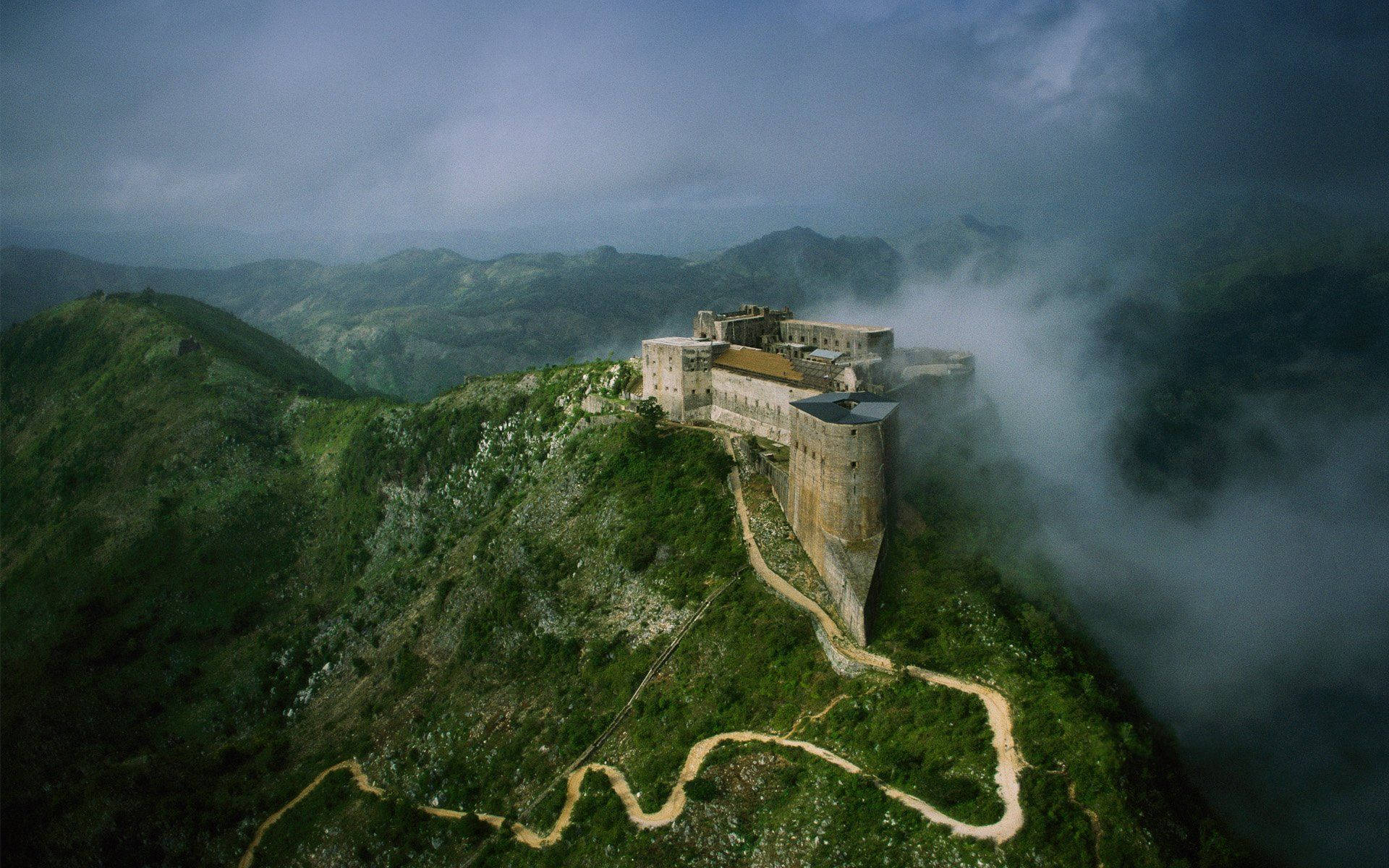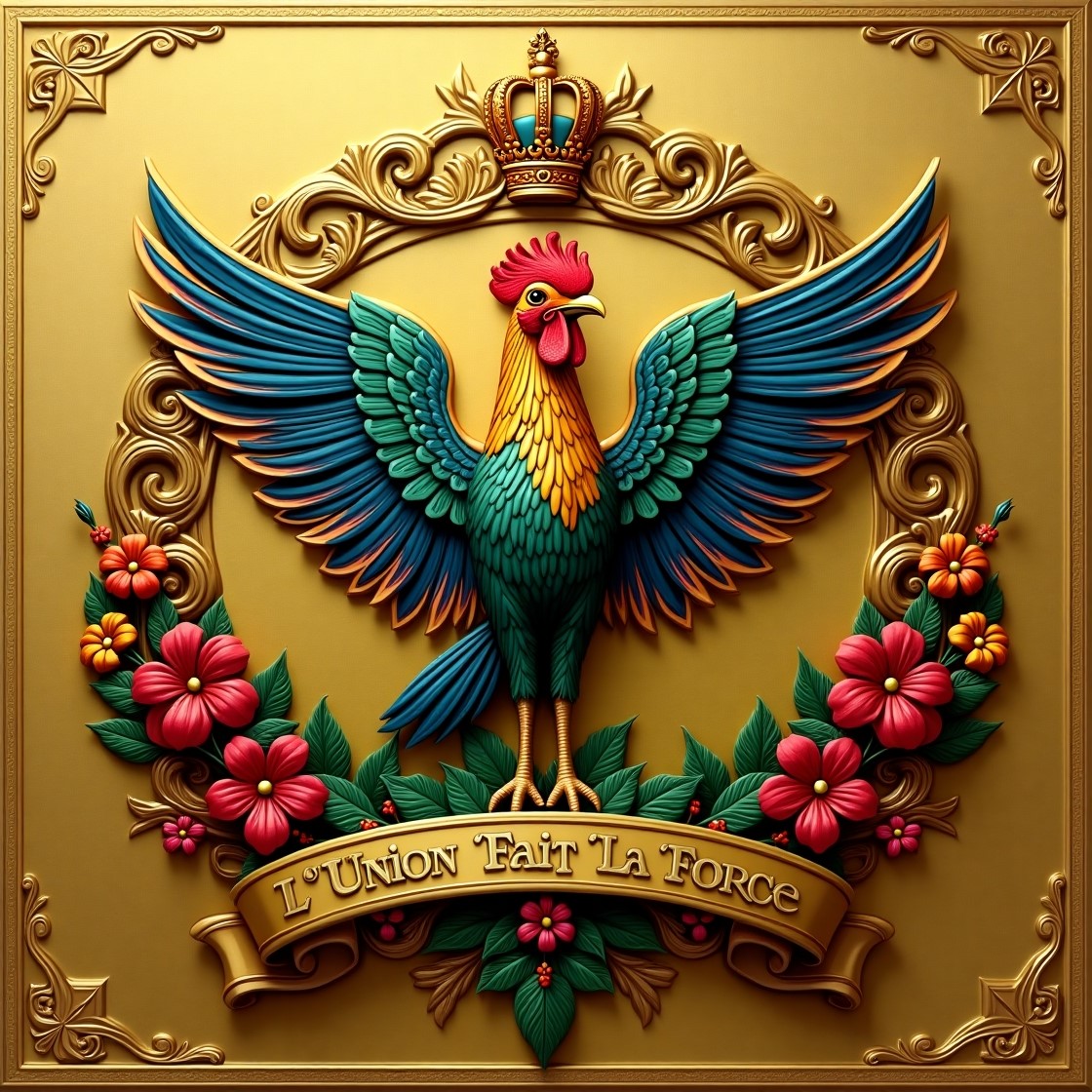January 2: A Call to Honor Our Ancestors Beyond the Cult of Personality
By: By Patrick Prézeau Stephenson (Le Français suit)
January 2, 2025

Hayti’s January 2, celebrated as the “Jour des Aïeux” (Day of the Ancestors), stands as a solemn reminder of the collective struggle and triumph of our forebears. Yet, as we commemorate this day, it is imperative to move beyond the cult of personality and embrace a collective vision that honors the contributions of all who fought for Hayti’s independence. The victories of 1804 were not the result of one man’s heroism alone, but of a unified effort by countless Haytians, from generals to maroons, who gave their lives for freedom.
The Evolution of January 2
Originally established as a national holiday to honor Emperor Jean-Jacques Dessalines, the Day of the Ancestors evolved in 1904 during Hayti’s centennial celebrations. Under the leadership of President Nord Alexis, the day was redefined to commemorate all those who had fought for independence. As historian Pierre Buteau notes, this date also honors the maroons who resisted the colonial system and the Taíno people who first opposed the European invaders.
This collective acknowledgment was a pivotal shift, reflecting the recognition that Hayti’s independence was achieved through a united front of diverse individuals—warriors, farmers, and visionaries—whose combined sacrifices made liberation possible.
Beyond Individualism: A Collective Legacy
Hayti’s history is too often framed through the lens of individual hero worship. While figures like Dessalines, Toussaint Louverture, and Henri Christophe deserve their places in the annals of history, their accomplishments were only possible through the collective action of a nation. By focusing on the contributions of the many, rather than the few, we ensure that the legacy of our ancestors is inclusive and reflective of the shared sacrifices that shaped our country.
The Day of the Ancestors is a reminder that no single person can bear the weight of a nation’s freedom. It is a call to reject the cult of personality that has plagued Hayti’s political culture and instead build a future rooted in collaboration and shared responsibility.
Traditions and Cultural Significance
January 2 has deep cultural resonance, not just as a historical observance but also as a day of family, reflection, and community. In the Vodou tradition, it is part of the season of Macaya, a time of feasting and offerings to honor the spirits of the ancestors. Families gather to share traditional dishes like diri ak djondjon (rice with black mushrooms) and riz et pois noirs (rice and black beans), reinforcing the day’s significance as a moment of unity and gratitude.
This blending of historical and spiritual practices underscores the multifaceted ways Haytians honor their past. It’s not just a day for remembrance; it’s a celebration of resilience, culture, and the enduring spirit of the Haytian people.
Lessons for Today: Toward a Collective Vision
The Day of the Ancestors offers profound lessons for modern Hayti. In a nation still grappling with political instability, economic challenges, and social division, the spirit of unity that defined the independence movement is more relevant than ever.
To truly honor our ancestors, we must reject divisive leadership models that prioritize individual power over collective progress. Hayti’s future lies in embracing the collective strength of its people—mentoring young leaders, fostering grassroots movements, and building institutions that reflect the will of the many, not the ambitions of the few.
As we reflect on this day, let us move beyond merely celebrating the past. Let it inspire us to take action, to work together for a Hayti that reflects the values of liberty, equality, and fraternity that our ancestors fought for.
A Call to Action
Let January 2 be more than a day of remembrance. Let it be a call to collective action. As we honor the sacrifices of our ancestors, let us commit to building a Hayti where their legacy is not just remembered, but lived.
Hayti’s independence was a collective victory. Its future must be a collective vision. Nap reziste ansanm pou nou libere ansanm.
Copyright and License Information
We or our licensors own and control all of the copyright and other intellectual property rights in the website and the data, information, and other resources displayed by or accessible within the website.
4.1 Creative Commons
The content on this website is available under a Creative commons – Noncommercial License, unless specified otherwise.
- For more information, please visit our Terms and Service page.
Author Information
By Patrick Prézeau Stephenson (Le Français suit)
